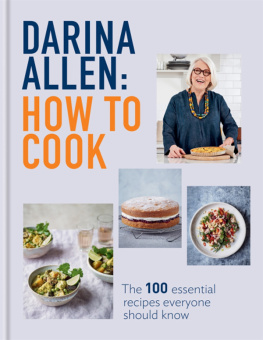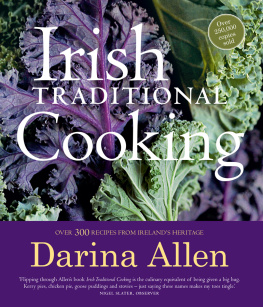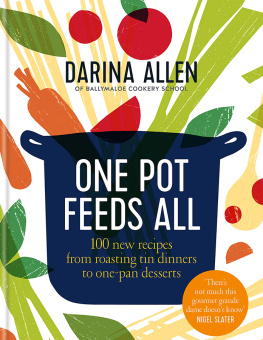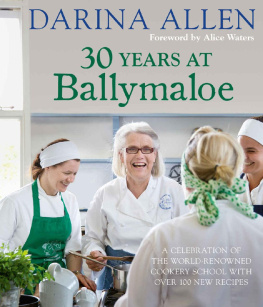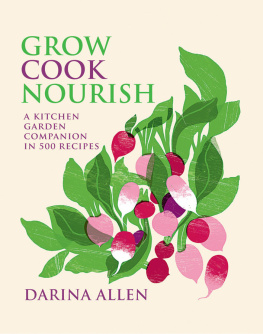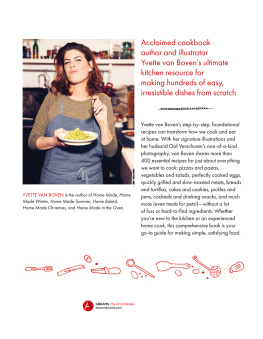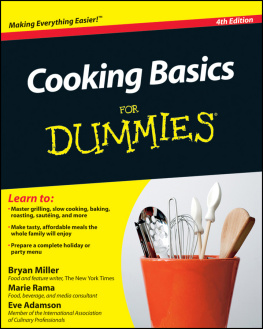Contents
Guide

CONTENTS

HOW TO USE THIS EBOOK
Select one of the chapters from the and you will be taken to a list of all the recipes covered in that chapter.
Alternatively, jump to the to browse recipes by ingredient.
Look out for linked text (which is in blue) throughout the ebook that you can select to help you navigate between related recipes.
You can double tap images to increase their size. To return to the original view, just tap the cross in the top right-hand corner of the screen.

INTRODUCTION
The working title of this book was 100 recipes no one should leave school without. Whether you decide to be an astronaut, an architect, a doctor or engineer, we all need to be able to cook in order to feed ourselves properly. Otherwise we are completely at the mercy of other people for our sustenance.
So much depends on the food we eat: our health, our energy, our vitality and our ability to concentrate. Its the fuel we put in the tank to keep us going. Its crucially important to think about the quality, it doesnt have to be expensive but cheapness should not be the only criteria. In fact, nowadays, many of us know more about the lives of celebrities than how our food is produced. So much depends on dinner that its vital to take all these things into consideration when you go shopping, plus animal welfare, food miles and other environmental issues.
So, why is it important to be able to cook? Apart from being in control of your own health, it also means you can travel anywhere in the world and get a job. Its the easiest way to win friends and influence people you will never be short of guests if you can rustle up a meal at a moments notice. Infinitely better for your wallet and your waistline. We are what we eat...
If you start with good-quality ingredients, you need to do so little to make them taste good. If you dont, you need to be a magician to make something delicious and thats where all the foams and skidmarks on plates come in to distract and compensate for the fact that the flavour wasnt there in the first place.
The secret of all good food is mindful shopping. Most people in their busy lives dont give a moments thought to how food is produced, where it comes from or whether it is in season. Im very fortunate to live in the midst of a small organic farm where we have our own gardens and greenhouses so we know the source of a lot of the food we eat. But even if you live in an urban area, you can choose to grow some salad leaves, radishes or pea shoots on your windowsill. Tomatoes, cucumbers, courgettes and beans can be grown on a balcony or roof and most cities now have one or several farmers markets where you can buy fresh, seasonal produce directly from farmers and food producers. Remember all good food starts in rich, fertile soil. Our food should be our medicine rather than bottles of vitamins and supplements.
The basic skills of home cooking are by far the most important. Its really not difficult to learn how to cook but many people convince themselves that its way beyond them. Its so worth developing a repertoire of simple, delicious recipes that you can build on and have fun creating variations, not just returning to the same few dishes over and over again. If you can cook, you will know exactly whats in your food. A loaf of bread will have three or four ingredients as opposed to 19 or 20, many of which may not even be mentioned on the label.
This book is a collection of essential recipes that both beginners and experienced cooks need to know. Recipes youll find yourself turning to over and over again, from traditional to more modern classics, incorporating flavours from around the world. Recipes that deliver on taste but also teach basic skills that are the foundation of all kinds of creations. Everyday Staplesare the recipes that will form the backbone of your cooking, from sauces and a simple green salad to baking a loaf of bread or creating your own stock.
COVID-19 has definitely been a game changer. During the first lockdown, several high-achieving friends who could run the country suddenly found themselves working from home with none of the usual back-up or support. They were faced with the reality of having to provide 21 meals a week for their family but could scarcely make toast. In real life, the kids were dropped off at the crche and playschool on their way to work, then picked up in their jammies on the way home. At the weekends, the whole family ate out, so no need to cook. A highly successful CEO of a multinational company was in tears on the end of the phone she scarcely knew how to shop for food, not to mention cook it.

